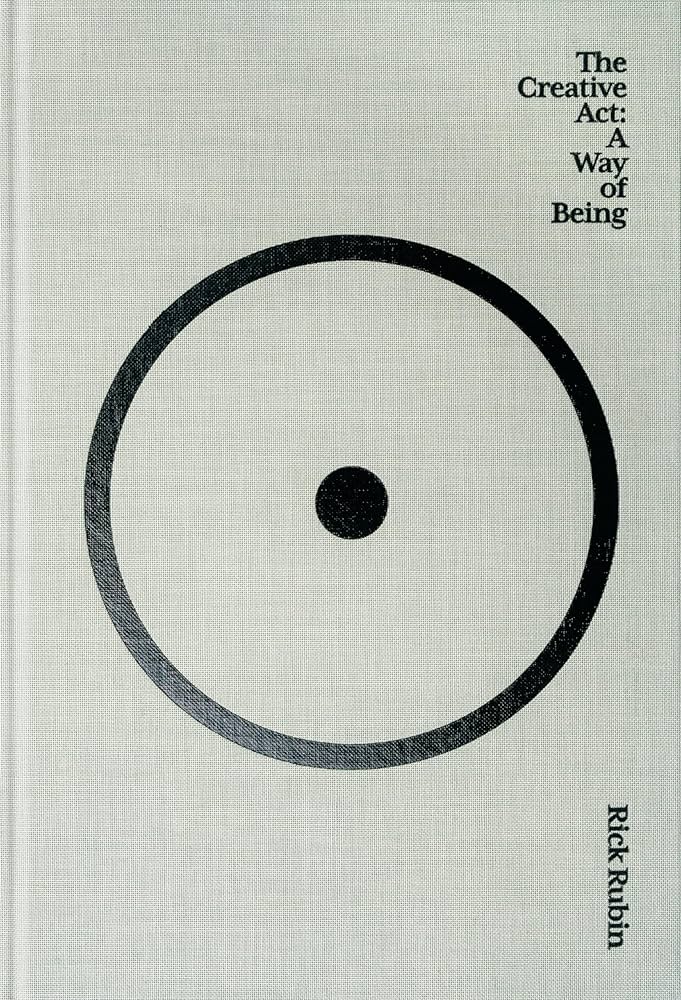Connected Detachment (Possibility)
byLife often unfolds in ways that defy our expectations, presenting challenges that force us to confront uncertainty head-on. A treasured manuscript may be lost to an unexpected disaster, a deeply cherished relationship may dissolve without warning, or a secure career path may suddenly veer into the unknown. These moments, while painful, invite a shift in perspective—one that embraces “connected detachment.” This approach does not call for emotional indifference but rather encourages us to step back and observe life’s twists as if watching a story unfold, with each unexpected turn leading to the next chapter rather than signaling the end.
Connected detachment allows us to maintain an intimate relationship with life’s unfolding events while resisting the urge to cling too tightly to any single outcome. It offers an alternative to the common impulse of immediate emotional immersion, instead proposing a sense of curiosity about what comes next. Just as a film protagonist encounters struggles that shape their journey, so too do our own setbacks and disappointments act as necessary transitions, paving the way for moments of renewal, transformation, and growth. The concept reminds us that what feels like an ending is often the beginning of an unforeseen opportunity, even if it is not immediately recognizable.
The power of this mindset lies in its ability to alter our perception of hardship, reframing difficulties as integral parts of a larger narrative rather than isolated failures. When we view challenges as inevitable elements of life’s rhythm, we begin to see them not as roadblocks but as catalysts for evolution. This shift in perspective helps us resist the instinct to categorize experiences as purely “good” or “bad,” acknowledging instead that every moment—no matter how painful—has the potential to contribute to a richer, more nuanced existence. Life is not a linear path but an ebb and flow of triumphs and trials, each necessary to create a complete and meaningful journey.
By adopting a mindset of connected detachment, we can cultivate resilience without becoming emotionally numb or disengaged. It teaches us to remain open to life’s unpredictable nature, allowing us to experience joy without the fear of its eventual departure and to endure sorrow with the knowledge that it will not last indefinitely. This approach does not minimize the impact of painful experiences but rather provides a means to navigate them with greater balance. The practice of observing life’s highs and lows with a sense of detachment prevents us from being consumed by any single moment, enabling us to move forward with greater ease.
At its core, connected detachment encourages an expanded awareness that prevents us from becoming too fixated on temporary circumstances. It offers a reminder that no single event defines our entire existence; rather, each experience is a thread woven into the grander tapestry of our lives. This perspective helps us recognize that setbacks are not verdicts on our worth or destiny but merely segments of a broader, evolving story. Just as an author does not abandon a novel after one difficult chapter, we, too, must continue to turn the pages of our own journey, trusting that new possibilities lie ahead.
One of the most profound aspects of this philosophy is its ability to enhance our engagement with life while reducing the anxiety that comes with uncertainty. Instead of clinging to rigid expectations, we learn to embrace the unknown with a sense of openness. This allows us to approach each experience, whether joyous or painful, with a spirit of curiosity rather than resistance. When we relinquish our tight grip on control, we create space for unexpected blessings, insights, and growth that we might have otherwise resisted.
In many ways, connected detachment mirrors the philosophy found in mindfulness and stoicism, which emphasize the impermanence of all things. When we recognize that nothing is fixed—neither our struggles nor our triumphs—we free ourselves from unnecessary suffering. This acceptance fosters emotional agility, enabling us to adapt to life’s inevitable changes without feeling overwhelmed. It is not about suppressing emotions but rather about acknowledging them, processing them, and then allowing them to pass naturally without dictating our entire outlook.
Ultimately, life is an unfolding narrative, and we are both its protagonists and its audience. By adopting a mindset of connected detachment, we allow ourselves to witness our own story with clarity, appreciating its complexity without being consumed by any single scene. In doing so, we maintain the ability to move forward, ready for whatever twist or revelation awaits in the next chapter.


